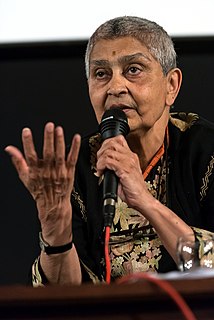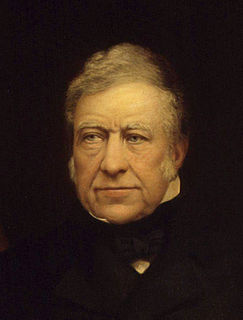A Quote by Gayatri Chakravorty Spivak
So capital is in fact borderless; that's the problem. On the other hand capital has to keep borders alive in order for this kind of cross-border trade to happen. So therefore the idea of borderlessness has a performative contradiction within it which has to be kept alive.
Related Quotes
I felt him there with me. The real David. My David. David, you are still here. Alive. Alive in me.Alive in the galaxy.Alive in the stars.Alive in the sky.Alive in the sea.Alive in the palm trees.Alive in feathers.Alive in birds.Alive in the mountains.Alive in the coyotes.Alive in books.Alive in sound.Alive in mom.Alive in dad.Alive in Bobby.Alive in me.Alive in soil.Alive in branches.Alive in fossils.Alive in tongues.Alive in eyes.Alive in cries.Alive in bodies.Alive in past, present and future. Alive forever.
If, for example, each of us had the same share of capital in the national total capital, then if the share of capital goes up it's not a problem, because you get as much as I do. The problem is that capital in capitalist countries is very heavily concentrated, especially financial capital. So then if the share of income from that source goes up, that actually exacerbates inequality.
I am the kind of person who doesn't recognize borders. I don't understand why we think it is okay to keep someone within one border when they are unable to feed their family when they could be getting help somewhere else. I don't see people as different so I don't understand the idea of borders in this world.
Population regulates itself by the funds which are to employ it, and therefore always increases or diminishes with the increase or the diminution of capital. Every reduction of capital is therefore necessarily followed by a less effective demand for corn, by a fall in price, and by a diminished cultivation.
The idea that the profits of capital are really the rewards of a just society for the foresight and thrift of those who sacrificed the immediate pleasures of spending in order that society might have productive capital, had a certain validity in the early days of capitalism, when productive enterprise was frequently initiated through capital saved out of modest incomes.
The financial doctrines so zealously followed by American companies might help optimize capital when it is scarce. But capital is abundant. If we are to see our economy really grow, we need to encourage migratory capital to become productive capital - capital invested for the long-term in empowering innovations.
Thus, the capital owner is not a parasite or a rentier but a worker - a capital worker. A distinction between labor work and capital work suggests the lines along which we could develop economic institutions capable of dealing with increasingly capital-intensive production, as our present institutions cannot.








































